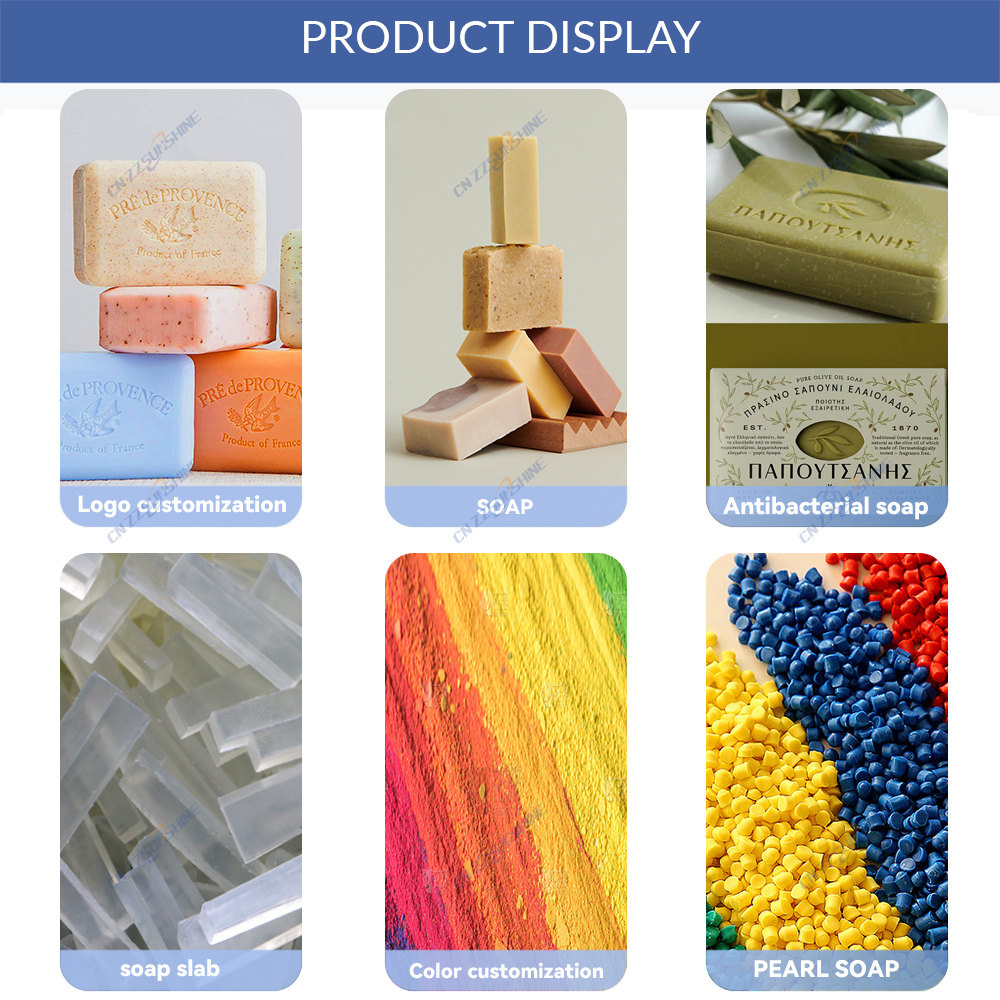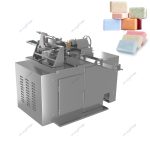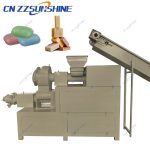In today’s competitive industrial sector, the adoption of an automatic soap production line revolutionizes manufacturing by enhancing efficiency and consistency. This integrated system typically includes a soap plodder machine for bar soap, which compresses mixed materials into uniform logs while eliminating air pockets—a process often enhanced by a vacuum plodder to ensure optimal density and texture. Complementing this, a soap mixer handles the initial blending of raw ingredients, such as oils and fragrances, using an industrial mixer for chemical processing to maintain precise formulations. For cutting phases, an electric washing soap cutter delivers clean, automated slicing, reducing waste and labor costs, while a custom soap cutting machine allows manufacturers to adapt shapes and sizes for diverse markets, including beauty soap making lines or laundry bar soap production lines.
Beyond core components, modern setups incorporate auxiliary equipment like an automatic packing machine for food-grade hygiene, ensuring compliance with safety standards. The entire automatic soap production line supports scalability, from small-scale toilet soap finishing lines to large bath soap making machines, enabling factories to meet fluctuating demands. Key advantages include reduced operational downtime, energy savings through high-efficiency designs, and flexibility for OEM adaptations. For instance, integrating a three roller mill for cosmetics can refine additives for specialty soaps, while an industrial chiller for machinery maintains stable temperatures during sensitive stages. Ultimately, investing in such a line boosts output by up to 50%, cuts costs, and caters to eco-friendly trends, making it indispensable for forward-thinking producers aiming to dominate markets like the laundry soap making line or custom soap production niches.





